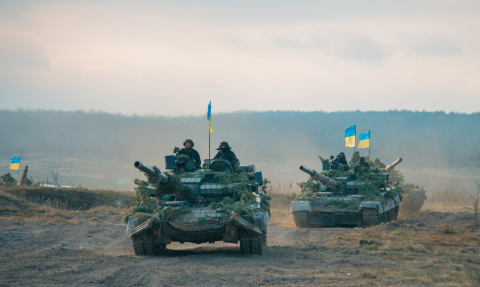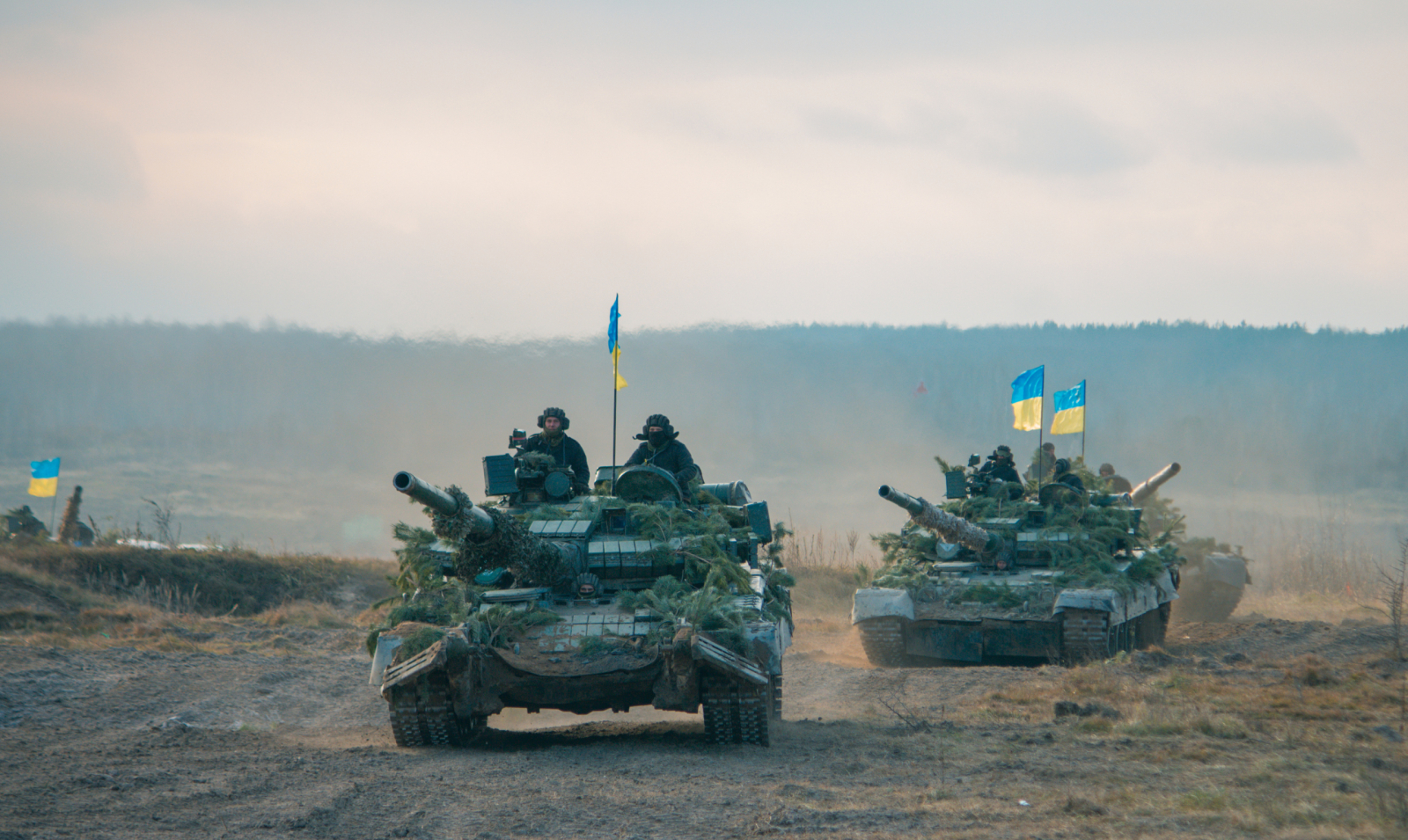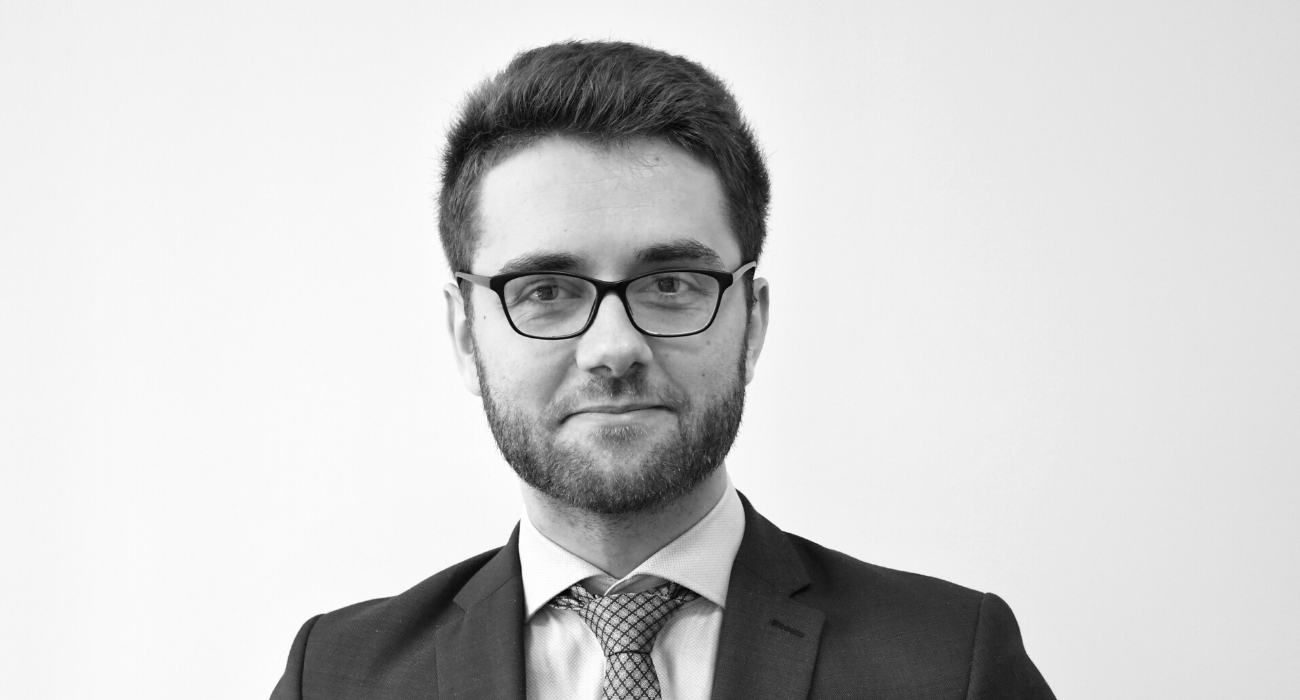
Practical information
Accessibility
Themes and regions
Related centers and programs

After three years of war, the situation in Ukraine is still dire, with a lot of uncertaineties on the battlefield. But this fog of war has begun from the very outset of the conflict. Strategic research and analyses have been marred with biases and misjudgments that tell a different story about Western perception and preferences in warfare. This is the claim of a CSIS report authored last September by Prof. Eliot A. Cohen, Prof. Phillips O'Brien and foreword by Prof. Hew Stracham.
Speakers
Eliot A. Cohen, Arleigh A. Burke Chair in Strategy at the Center for Strategic and International Studies and the Robert E. Osgood Professor at Johns Hopkins School of Advanced International Studies (SAIS).
Phillips O’Brien, chair of strategic studies and head of the School of International Relations at the University of St Andrews. He has published widely on issues of conflict, politics, war, and strategy in the twentieth and twenty-first centuries.
Discussants
Elie Tenenbaum, director of Ifri's Security Studies Center
Philippe Gros, senior research fellow at the FRS
Q&A with the audience
This event is public and will be held in English, in a hybrid format, without translation under the Chatham House Rule.
Contact







